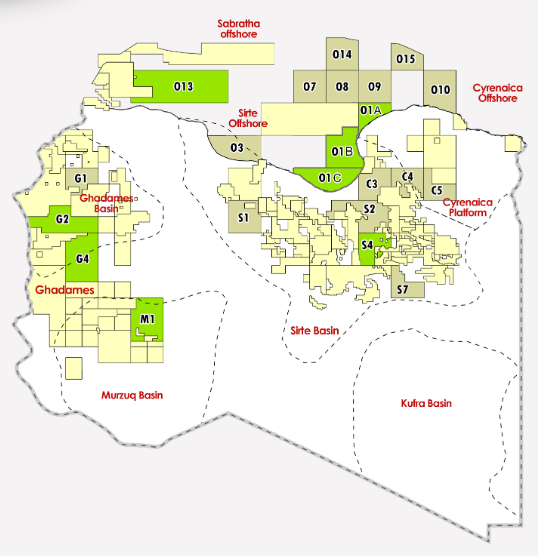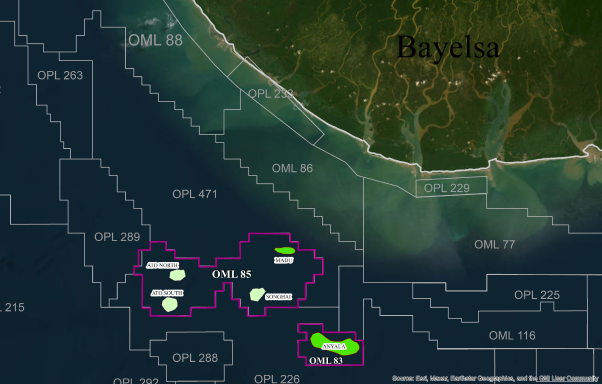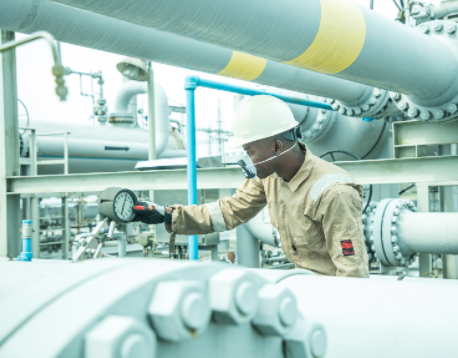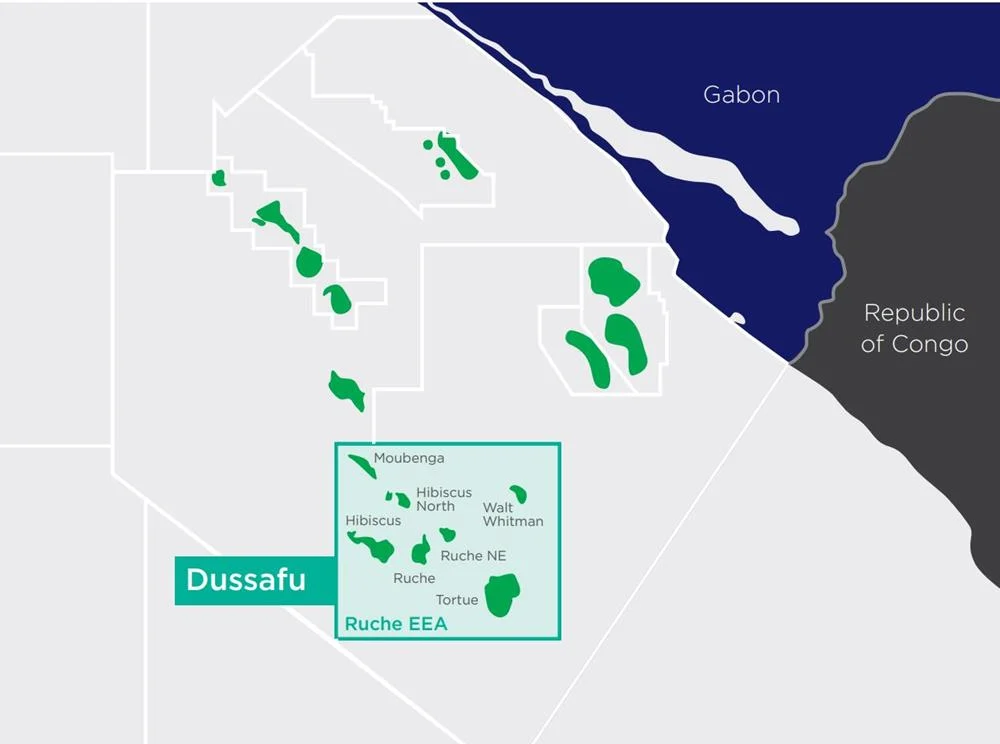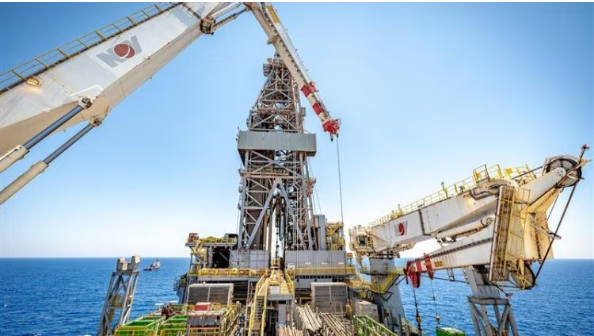OPEC Launches 2022 Edition of the World Oil Outlook at ADIPEC
The 2022 OPEC World Oil Outlook (WOO) was today launched at the Abu Dhabi International Petroleum Exhibition and Conference (ADIPEC) 2022 in the United Arab Emirates (UAE). First published in 2007, the WOO offers a detailed review and assessment of the medium- and long-term prospects for the global oil and energy industries to 2045.
The 16th edition of the flagship publication incorporates analysis of the industry’s various internal and external linkages and its shifting dynamics that has seen a renewed focus over the past year of the interplay between energy affordability, energy security, and the need to reduce emissions. It provides insights into energy and oil demand, oil supply and refining, the global economy, policy and technology developments, demographic trends, environmental issues and sustainable development concerns.
OPEC’s Secretary General, HE Haitham Al Ghais, in launching the publication said: “The WOO 2022 once again underscores the increasingly complex nature of the global oil and energy industries. It is a challenging environment, and one that requires expert analysis to help us navigate both the challenges and opportunities ahead. The WOO provides this.”
He added that it was “a great honour to return to ADIPEC to launch this year’s WOO, an event that continues to go from strength-to strength. This is tribute to the leadership in the UAE.”
The WOO 2022 launch represents the culmination of months of planning, writing, review and production, and should be viewed as a helpful and insightful reference tool, one that underscores OPEC’s commitment to dialogue, knowledge-sharing and data transparency.
Highlights from this year’s WOO include:
- The world economy is expected to more than double in size, and the global population rise by 1.6 billion between now and 2045.
- Global primary energy demand is forecast to continue growing in the medium- and long-term, increasing by a significant 23% in the period to 2045.
- The world needs to annually add on average 2.7 million barrels of oil equivalent a day to 2045.
- All forms of energy will be needed to address future energy needs.
- Energy poverty remains an issue throughout the forecast period, with a wide gap remaining between developed and developing countries.
- Oil is expected to retain the largest share in the energy mix throughout the outlook period, accounting for almost a 29% share in 2045.
- Other Renewables – combining mainly solar, wind and geothermal energy – expand by 7.1% p.a. on average, significantly faster than any other source of energy.
- All major fuel types witness growth, with the exception of coal.
- Globally, oil demand is projected to increase from almost 97 million barrels a day (mb/d) in 2021 to around 110 mb/d in 2045.
- Non-OECD countries drive oil demand growth, expanding by close to 24 mb/d over the forecast period, whereas the OECD declines by over 10 mb/d between 2021 and 2045.
- India is set to be the largest contributor to incremental demand, adding around 6.3 mb/d to 2045.
- Oil demand in aviation leads the sectoral breakdown with growth of 4.1 mb/d from 2021 to 2045, given its slower initial recovery from the COVID-19 pandemic. It is followed closely by road transportation and petrochemicals.
- Non-OPEC liquids supply expands in the medium-term to 71.4 mb/d by 2027, before an expected decline to 67.5 mb/d by 2045.
- OPEC liquids are set to grow to 42.4 mb/d by 2045, with its share of global supply rising from 33% in 2021 to 39% in 2045.
- Global refining capacity additions are projected at 15.5 mb/d between 2022 and 2045.
- Robust medium and long-term refinery capacity expansion in the Asia-Pacific, Middle East and Africa, is partly offset by closures in developed regions.
- Strong demand growth is expected to lead to a tightening medium-term downstream market relative to 2021.
- The global oil sector will need cumulative investment of $12.1 trillion in the upstream, midstream and downstream through to 2045, equating to over $500 billion each year.
- Recent annual investment levels have been significantly below this, due to industry downturns, the pandemic, and the increasing focus on environmental, social, and governance (ESG) issues.
- Crude and condensate flows between the Middle East and Asia-Pacific remain the most important oil trade link, with volumes increasing from below 13.5 mb/d in 2021 to 19.5 mb/d in 2045.
- The Asia-Pacific region is forecast to remain the most important crude oil importing region throughout the forecast period, with imports rising by over 7.5 mb/d.
- Technological advancements are set to shape the global energy landscape while public policies relating to energy demand and supply are expected to become more stringent over the forecast period.
- Enhanced global cooperation could allow for a more coherent, balanced and integrated approach for realizing the Paris Agreement and the interlinked Sustainable Development Goals.


